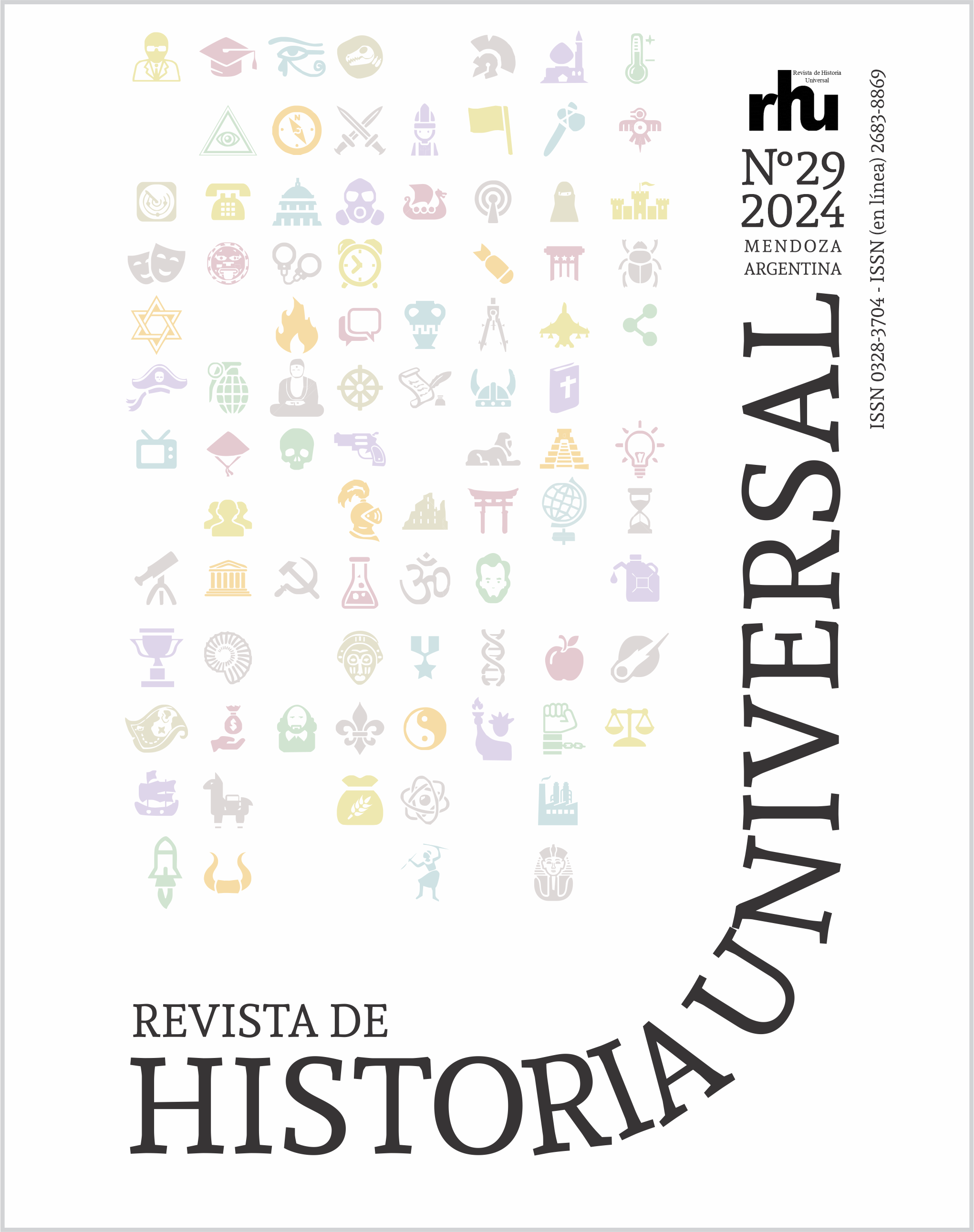From Virgil to Tolkien: Mythopoeia as the Divine origin of the Homeland in the construction of the identity of Western Civilization
Keywords:
homeland, nation, Virgil, Tolkien, Mythopoeia, mythAbstract
Both the Roman institutional crisis caused by civil wars and the moral crisis of post-war England (and Europe) were illuminated by two beacons that, in the midst of darkness, became the guides leading towards a new nationality. In the first case, Virgil, at the threshold of Octavian Augustus's appointment as Princeps, initiated a period of splendor known as the "Augustan Age." On the other hand, Tolkien positioned himself within the crisis of modernity as a consequence of the Great War and had yet to witness the worst of Western decay. However, Tolkien's epic is not far removed from that of the 1st century BC, as it is the spirit of Christianitas that managed to survive through the dark night of rationalism.
The myth-makers, like Virgil and Tolkien, aim to leave the legacy of a divine origin to their respective nations, as the myth illustrates the reality to which individuals, collectively as a society, must aspire. The motives and causes that inspired each of them will be the subject of this work.
References
Boch, Viviana, compilador (2022). Ecos de la Antigüedad Romana. SS&CC ediciones.
Horacio (2005). Odas (edición bilingüe). Ediciones Losada.
Puccini, Giacomo (1923). Inno a Roma. Casa Musicale Sonzogno.
Tolkien, Christopher, ed. (1984). El Silmarillion. Minotauro.
Virgilio Marón, Publio (2007). La Eneida. Editorial Gradifco.
Downloads
Published
How to Cite
Issue
Section
License

This work is licensed under a Creative Commons Attribution-NonCommercial-ShareAlike 4.0 International License.







